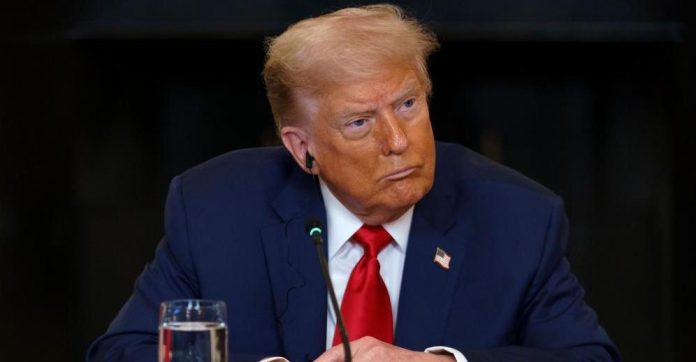President Donald Trump announced plans to impose a 100% tariff on computer chips, which would certainly increase the price of gadgets, cars, home appliances, and other items considered necessary for the digital age.
Speaking from the Oval Office alongside Apple CEO Tim Cook, Trump said, “There will be a tariff of approximately 100% on chips and semiconductors. In order to increase the company’s domestic investment commitment and possibly avoid future iPhone levies, Trump also declared that Apple would invest an additional $100 billion in the US.
However, companies that manufacture semiconductors within the United States would be exempt from these tariffs.
Effect Across Industries
Chips for computers are the crucial element in question. For consumer gadgets, cars, home appliances, and industrial systems, that is the solution to the usage of current technology.
Shortages of chips in the middle of the COVID-19 pandemic caused inflation in prices and disruptions in the supply chain. Global chip sales have grown by 19.6% over the past year, indicating strong demand.
Trump’s approach deviates from the CHIPS and Science Act’s deliberate approach. The law was signed in 2022 by President Joe Biden with a promise of $50 billion worth of subsidies, tax breaks, and research funding for domestic chip production.
Conclusion:
While it is meant to strengthen U.S. manufacturing, many critics warn that this policy might backfire. Hence, as chips cost more, profits get thinner while companies hike consumer prices. No official word has so far come from these titans of electronics, Nvidia and Intel, concerning the announcement.








